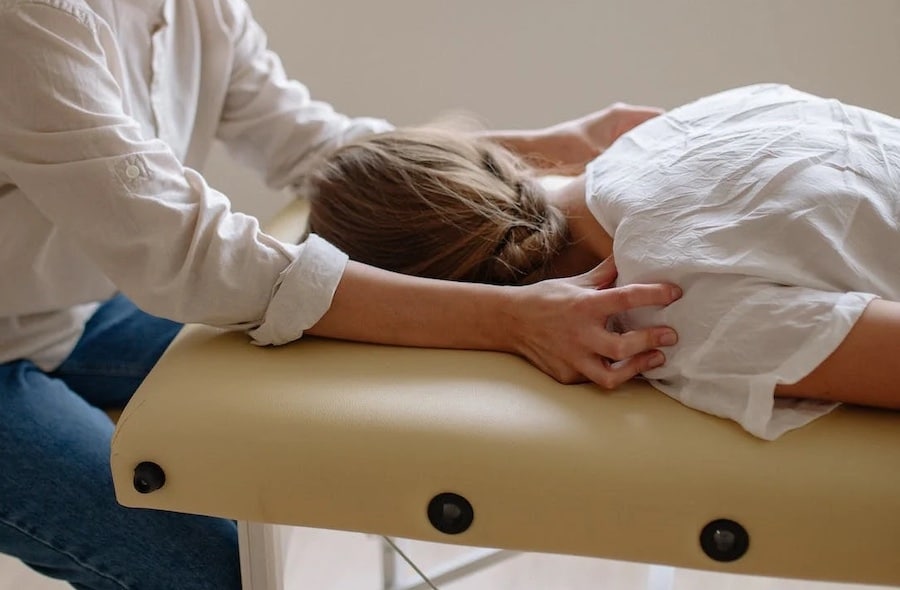
Exercise is a natural anti-depressant – by Wendy Bramham
Our modern western lifestyle, and particularly following industrialisation over 100 years ago, means that we have become much less physically active. Our great grandparents had to be active just to carry out their everyday life.
Exercise shouldn’t be a chore! Rather than jogging or going to the gym, consider things like gardening, dancing, or walking in nature. It is important to find an activity you ENJOY, and to do something quickly enough so that you raise your heart rate (aerobic exercise), as it is then that the “happy” chemicals called endorphins are released into our body and make us feel good.
The Royal college of Psychiatrists state on their website that “if you keep active, you are:
- less likely to be depressed, anxious or tense
- more likely to feel good about yourself
- more likely to concentrate and focus better
- more likely to sleep better
- more likely to cope with cravings and withdrawal symptoms if you try to give up a habit such as smoking or alcohol
- more likely to be able to keep mobile and independent as you get older
- possibly less likely to have problems with memory and dementia.”
Tips on getting started:
- It is vital to pick an activity that you ENJOY
- Any exercise is better than none.
- Don’t start suddenly – build more physical activity into your life gradually, in small steps.
How well does exercise work for depression?
For mild depression, physical activity can act as a natural anti-depressant, and be as (or more) effective for some people than medication. In some areas in the UK, GPs (family doctors) can prescribe exercise.
Doing 30 minutes or more of exercise a day for three to five days a week can significantly improve depression symptoms. But smaller amounts of activity — as little as 10 to 15 minutes at a time — can make a difference. (ref: Royal college psychiatrists). Moderate exercise is best, such as the equivalent of walking fast whilst you can still talk to someone.
The mental health benefits of exercise may last only if you stick with it over the long term — another good reason to focus on finding activities you enjoy.
Why does exercise work?
- It helps to release feel-good brain chemicals (neurotransmitters and endorphins) into the brain, which can ease depression. Brain cells use these chemicals to communicate with each other, so they affect your mood and thinking.
- Exercise can stimulate other chemicals in the brain called “brain derived neurotrophic factors” (BDNF). These help new brain cells to grow and develop. Moderate exercise seems to work better than vigorous exercise. BDNF seems to reduce harmful changes in the brain caused by extreme stress.
- Harder exercise (perhaps needed to fight or flight from danger) can help to dispel the physical effects of a trauma, loss, shock or crises as it helps reduce adrenalin and produces endorphins. Animals in the wild naturally do this by fleeing from or fighting danger.
- Exercise can also reduce risks of high blood pressure, diabetes, arthritis and cancer.
Exercise can also help you:
- Gain confidence. Meeting exercise goals or challenges, even small ones, can boost your self-confidence and help you to feel more in control.
- Take your mind off worries. Exercise is a distraction that can get you away from the cycle of negative thoughts that feed anxiety and depression.
- Get more social interaction. Exercise may give you the chance to meet or socialize with others.
- Cope in a healthy way. Doing something positive to manage anxiety or depression is a healthy coping strategy. Trying to feel better by drinking alcohol, dwelling on how badly you feel, or hoping anxiety or depression will go away on its own can lead to worsening symptoms.
How do I get started — and stay motivated?
Starting and sticking with an exercise routine can be a challenge. Here are some steps that can help. Check with your doctor before starting a new exercise program to make sure it’s safe for you.
- Identify what you enjoy doing. Figure out what type of physical activities you’re most likely to do, and think about when and how you’d be most likely to follow through. Do what you enjoy to help you stick with it.
- Get your mental health provider’s support. Talk to your doctor or other mental health provider for guidance and support.
- Set reasonable goals. Your mission doesn’t have to be walking for an hour five days a week. Think realistically about what you may be able to do. Tailor your plan to your own needs and abilities rather than trying to meet unrealistic guidelines that you’re unlikely to meet.
- Don’t think of exercise as a chore. If exercise is just another “should” in your life that you don’t think you’re living up to, you’ll associate it with failure. Rather, look at your exercise schedule the same way you look at your therapy sessions or medication — as one of the tools to help you get better.
- Address your barriers. Figure out what’s stopping you from exercising. If you feel self-conscious, for instance, you may want to exercise at home. If you stick to goals better with a partner, find a friend to work out with. If you don’t have money to spend on exercise gear, do something that’s virtually cost-free, such as walking. If you think about what’s stopping you from exercising, you can probably find an alternative solution.
- Prepare for setbacks and obstacles. Give yourself credit for every step in the right direction, no matter how small. If you skip exercise one day, that doesn’t mean you can’t maintain an exercise routine and may as well quit. Just try again the next day.
author: Wendy Bramham
December 2015
Reference: http://www.rcpsych.ac.uk/healthadvice/treatmentswellbeing/physicalactivity.aspx




This Post Has 0 Comments